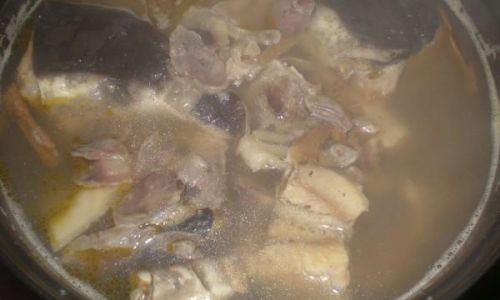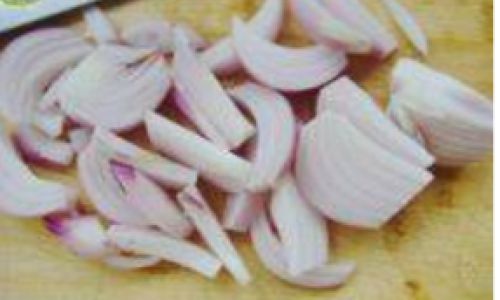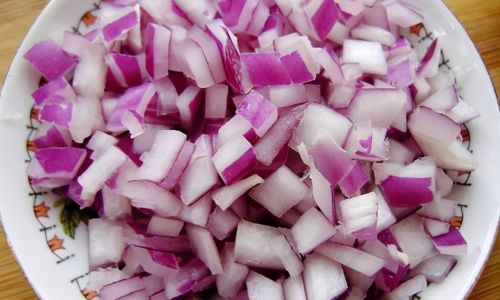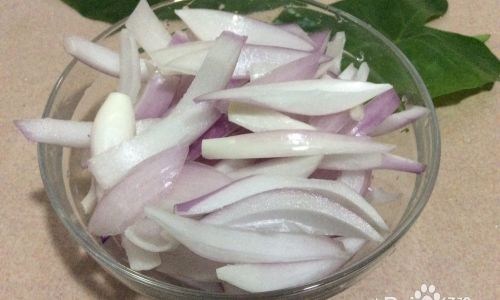Introduction
When it comes to the storage of dairy products, especially those derived from alternative milk sources like goat milk, consumers often find themselves in a dilemma regarding the best practices to maintain freshness and quality. Goat milk powder, in particular, has gained popularity due to its nutritional benefits and gentler profile compared to cow’s milk, making it a favorite among infants, the elderly, and those with specific dietary needs. However, one common question that arises among users is whether goat milk powder can be stored in the refrigerator to prolong its shelf life. This article aims to delve into this inquiry, exploring the nuances of storing goat milk powder and providing practical guidance for optimal preservation.
Understanding Goat Milk Powder
Goat milk powder is a concentrated form of goat milk, obtained through the process of evaporation and drying. This transformation not only extends its shelf life but also makes it more convenient for transportation and storage. Goat milk powder retains most of the nutritional benefits of fresh goat milk, including essential vitamins, minerals, medium-chain fatty acids, and proteins that are easily digestible. Its gentle nature makes it suitable for individuals with lactose intolerance or allergies to cow’s milk proteins.
The Importance of Proper Storage
Proper storage is crucial in preserving the quality and nutritional integrity of goat milk powder. Exposure to moisture, heat, light, and air can degrade the product, leading to the loss of nutrients, changes in taste, and potential microbial contamination. Therefore, understanding the ideal storage conditions is vital for ensuring that goat milk powder remains safe and nutritious for consumption.

Can Goat Milk Powder be Stored in the Refrigerator?
The short answer to this question is: it depends. While refrigeration is generally associated with prolonging the freshness of food items, the case with goat milk powder is slightly different. Here’s why:
-
Moisture Absorption: Refrigerators create a humid environment due to the condensation of cold air on their surfaces. Storing goat milk powder in such conditions can lead to moisture absorption, which can cause clumping and the eventual degradation of the powder.
-
Temperature Fluctuations: Frequent opening and closing of refrigerator doors cause temperature fluctuations that can adversely affect the stability of nutrients in goat milk powder.
-
Odor Absorption: Refrigerators often contain a variety of food items, each with its unique odor. Goat milk powder is highly susceptible to absorbing these odors, which can alter its taste and aroma upon reconstitution.
Ideal Storage Conditions for Goat Milk Powder
Given the above considerations, the ideal storage conditions for goat milk powder are as follows:

-
Cool, Dry Place: Store goat milk powder in a cool, dry area away from direct sunlight and heat sources. A pantry or a cupboard in a temperature-controlled room is usually suitable.
-
Airtight Container: Use an airtight container to prevent exposure to air and moisture. Glass jars with tight-fitting lids or vacuum-sealed plastic bags are excellent choices.
-
Away from Odorous Foods: Keep goat milk powder away from strongly odorous foods to prevent flavor contamination.
-
Room Temperature: Storing goat milk powder at room temperature (between 60°F to 75°F or 15°C to 24°C) is generally recommended. Avoid storing it in areas where temperatures exceed these limits, as high heat can accelerate the degradation process.
-
Check Expiry Date: Always check the expiry date before purchasing and ensure that the product is consumed within its recommended shelf life. Once opened, most goat milk powder packages recommend consumption within 2 to 3 months for optimal freshness.

Signs of Spoilage
Knowing how to identify signs of spoilage in goat milk powder is crucial for avoiding consumption of degraded product. Here are some indicators:
-
Clumping: If the powder forms hard, difficult-to-break-up clumps, it may have absorbed too much moisture.
-
Discoloration: Changes in color, such as darkening or yellowing, can indicate oxidation or microbial activity.
-
Off Odors: An unpleasant or unusual smell upon opening the container is a clear sign of spoilage.
-
Mold Growth: Visible mold or fungal growth on the surface of the powder is an immediate indication that the product should be discarded.

Conclusion
In conclusion, while the refrigerator might seem like an intuitive choice for storing dairy products, it is generally not advisable to store goat milk powder in the refrigerator due to the potential for moisture absorption, temperature fluctuations, and odor contamination. Instead, opt for a cool, dry place in an airtight container for optimal preservation. By adhering to these storage guidelines, consumers can ensure that their goat milk powder remains fresh, nutritious, and safe for consumption throughout its shelf life. Always remember to check for signs of spoilage before use and consume within the recommended timeframe to maximize the benefits of this valuable dietary supplement.






0 comments